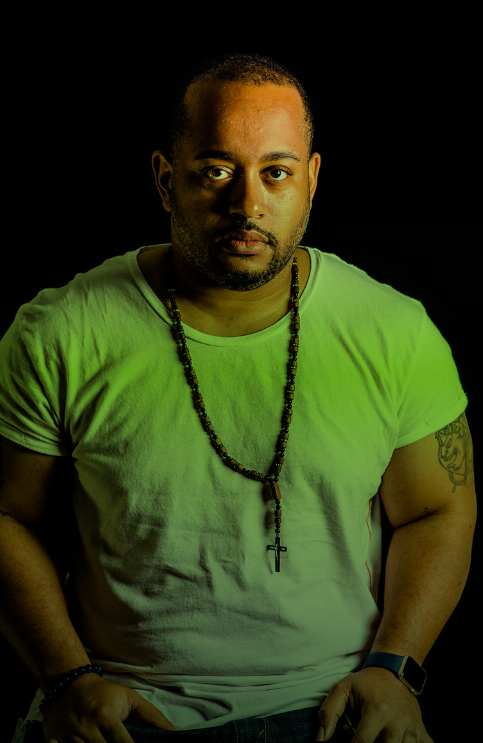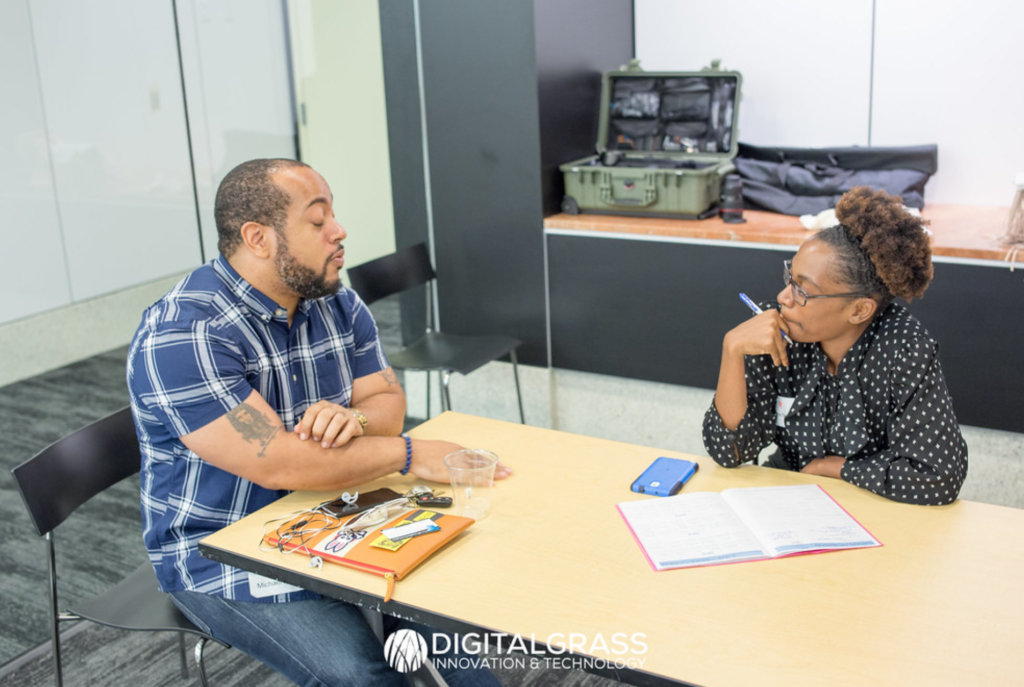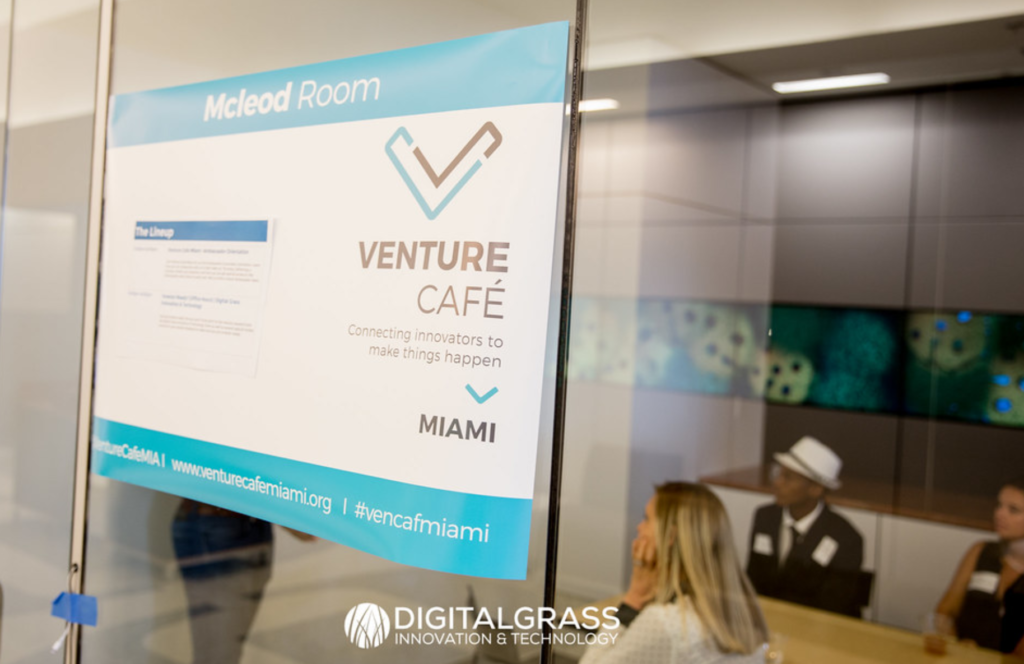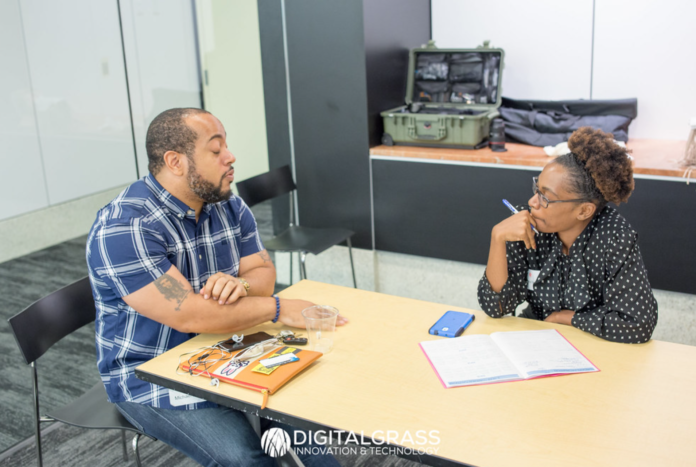( ENSPIRE Community Spotlight ) Digital Grass Has Started a Program to Provide Mental Health Care to Black Entrepreneurs
ENSPIRE Contributor: Natalie Dean
Modern hustle culture is a double-edged sword! While it can be the inspiration, you need to get started on a passion project you’ve been putting off for some time, burnout and discouragement are real dangers. It can sometimes feel like there is no room for mental health care amid a hustle culture, but one South Florida program aims to change this.
Digital Grass recognizes the issues facing modern entrepreneurs and small business owners, especially within the Black community. For Black entrepreneurs, social injustices and prejudice compound the stress and problems facing all entrepreneurs. That’s why Digital Grass created GROWTHerapy, a six-week program providing free one-on-one and group therapy sessions to Black entrepreneurs.

The results of the GROWTHerapy are incredible: 85% of clients saw an increase in productivity and revenue by only Week 4, and 70% saw an increase of at least 20% after finishing the program. This only goes to show how important mental health is, not only for personal wellness but for success.
These statistics speak for themselves, but just to tell us a bit more, a representative of Digital Grass spoke with us recently:

What are some struggles that Black entrepreneurs deal with daily, and how does GROWTHerapy help them learn to handle these issues?
The most consistent struggle we have noticed with Black entrepreneurs stems from abandonment. The abandonment comes in many forms from clients, investors, peers, and family members. The hardest thing is to build the trust to find a comfort zone to share the hardships of entrepreneurship. The feeling of “going through this alone” is not only valid as a leader, but frequently overlooked in building a business.
How has “hustle culture” affected clients?
Through the studies, the primary insecurity of founders comes from belittlement. Owning a business is not a “hustle” for our entrepreneurs. Entrepreneurship is their livelihood, dreams, passion, and the legacy they want to leave with the world. Small businesses are only recognized as “hustle culture” because of the size of their business or the amount of income they are making. We do not look at Telsa, Meta, Square as hustles, but they all started small with a dream. The difference is how the owner viewed them and how they viewed themselves. The first mistake is to see something as a hustle; it minimizes the potential because of the true definition of hustle. As a verb – force (someone) to move hurriedly or unceremoniously in a specified direction or obtain forceful action or persuasion. When I sit in the group therapy sessions, that is not what I see – most black entrepreneurs are very socially aware, trying to build something to make the world a better place, not just gain riches. That takes drive, direction, dedication, and heart–not hustle. While some may see hustle in a “positive” light, they are also defined as a fraud or swindle. If a word can have multiple meanings and it’s not all positive, that is the start of a misinterpretation of the entrepreneurs. I was delighted to work with every participant in our program.
What are some methods used to improve mental health in clients?
Therapy. Therapy is the answer. The addition to one-on-one sessions is group therapy. To find out you are not going through something alone serves as a sounding board for reasoning. You find solutions you may not have considered because most small businesses it’s the founder and maybe a cofounder. They rarely have a large board or staff to help with problems. The other thing is to remove the “hustle” mindset and focus on structure and self-care. As we say in our group sessions, secure your mask first. No work will be done if you aren’t around to do the work.
What are some benefits of GROWTHerapy that you have seen in action in your clients?
All of our cohorts’ participants saw an increase in revenue, some have continued therapy, and we now have an alumni group chat that has garnished deals and collaboration. There has been an uplift of spirits, but that comes with a high and low; the program was for six weeks, and at this point, most entrepreneurs need additional therapy or cannot afford the treatment. We have clients who have spent decades undiagnosed, but they were diagnosed and able to receive medication and other support through our therapy.
What do the plans for expansion look like?
The plans for expansion in the enormous scope would include increasing the services to 21 cities and treating 200-300 clients per city. There has been a challenge to receive funding for the program regardless of the mental wellness interest in the black community post-George Floyd’s murder. The continued investment of disparity studies in the black communities will not solve the problem. Our study showed the problem and an active solution with positive results. GROWTHerapy and any program offering access to a licensed therapist should serve as a primary investment for those wanting to make an impact in underserved communities.

The pressure of being an entrepreneur in our digital age is intense. Many feel like they cannot stop the hustle, at the risk of losing everything they have worked so hard to achieve. But Digital Grass is here to tell Black entrepreneurs that it is possible to have it all: a fantastic, successful business without burnout and poor mental health.
To learn more about Digital Grass and GROWTHerapy, visit their website!
Related Articles: MJ The Musical “Salute NYC Black Women in Media” For Women’s History Month







